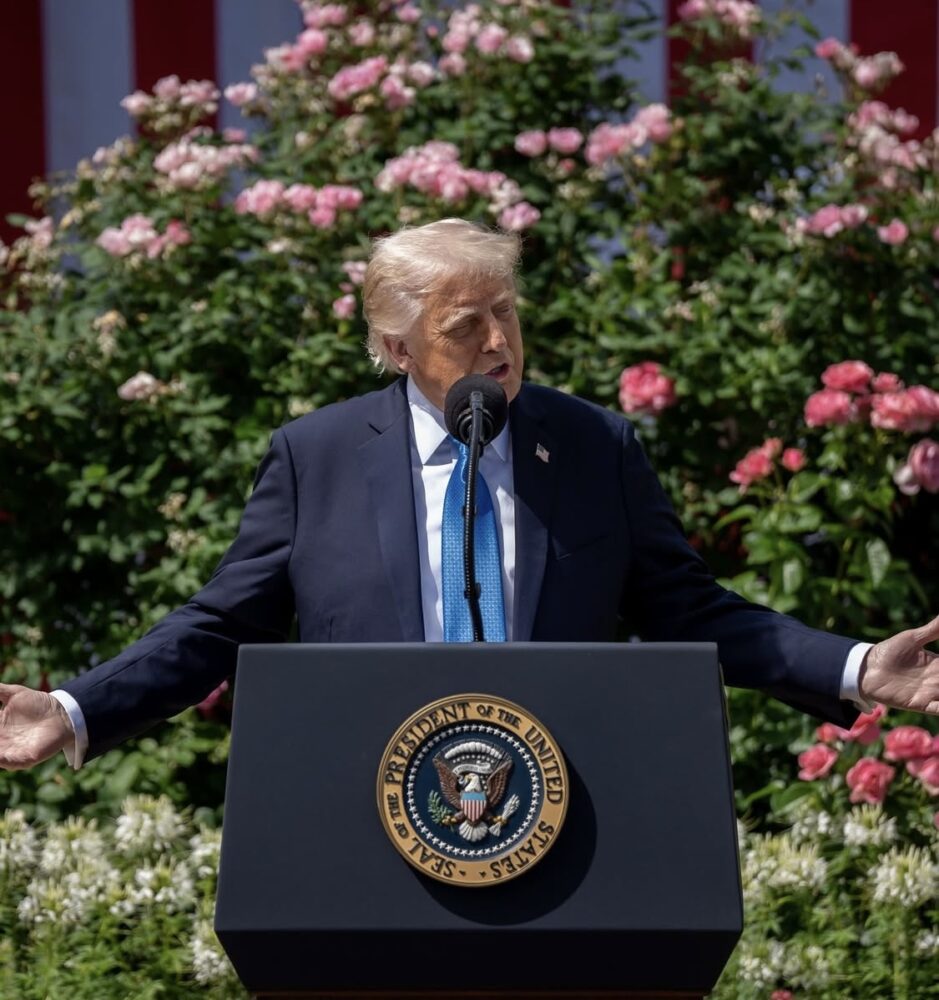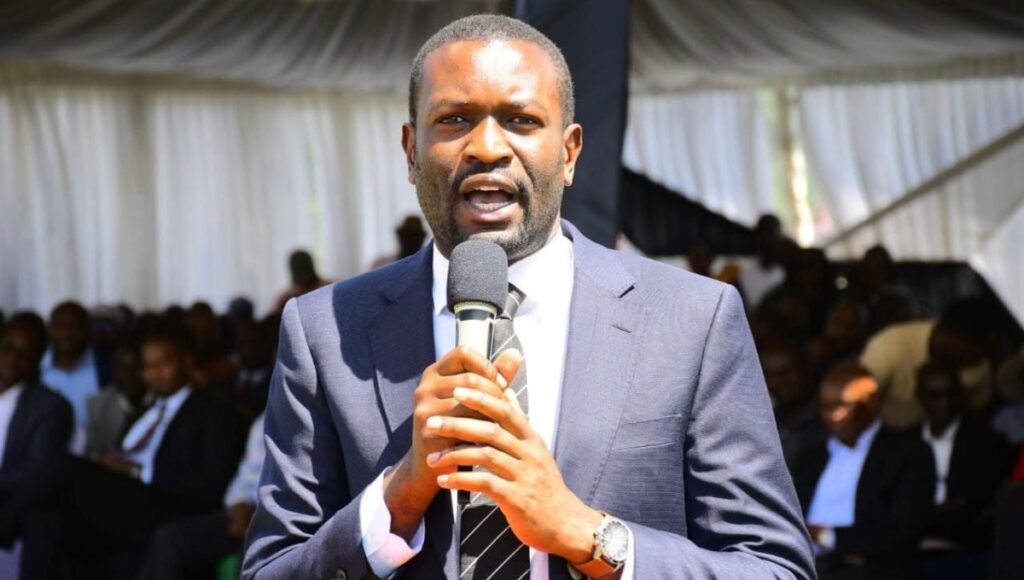President Donald Trump late on November 12, 2025 signed a funding package, officially bringing an end to the longest federal government shutdown in US history. The bill passed in the House earlier with a vote of 222 to 209.
The agreement ensures the government remains funded through January and reverses the mass federal layoffs carried out during the shutdown. Crucially, it clears the way for federal employee pay cheques to resume and critical services, such as food and nutrition programmes, to restart.
The deal was struck between Republicans and a group of centrist Senate Democrats. However, the compromise caused a major rift within the Democratic Party over healthcare.
The agreement guarantees a Senate vote in early December on expiring Obamacare subsidies, which Democrats had made a central demand. However, the vote to extend the subsidies is widely expected to fail.
Top House Democrat Hakeem Jeffries voiced the anger of the majority of his party:
“This fight is not over. We’re just getting started. Tens of millions of Americans are at risk of being unable to afford to go see a doctor when they need it.”
Despite the internal political cost for Democrats, President Trump cast the legislation as a victory for Republicans.
“They didn’t want to do it the easy way,” he said from the Oval Office, attacking what he called “the extremists” in the Democratic Party. “They had to do it the hard way, and they look very bad.”
House Speaker Mike Johnson successfully corralled almost all Republicans behind the bill, despite a contentious addition by Senate Republicans regarding legal action against the Department of Justice.
The most contentious element of the bill was a provision that allows senators to retroactively sue the Department of Justice for obtaining phone records during a Biden-era probe. This was immediately condemned as ‘self-dealing’ by some conservatives and Democrats alike.
The provision could award eight specific senators $500,000( Ksh 64,570,293) or more in damages each if their lawsuit is successful.
Rep. Rosa DeLauro accused the senators of voting “to shove taxpayer dollars into their own pockets.” Speaker Johnson admitted he was “shocked” and “angry” by the language but promised the House would take a future vote to strip the provision, though its success in the Senate is uncertain.
The end of the shutdown signals a hectic schedule for Congress, which has just four weeks in session before the end of the year. Several major deadlines loom, including the expiry of the Obamacare tax credits on January 30.
President Trump called for revamping Obamacare, saying, “We’ll work on something having to do with healthcare. We can do a lot better.”
Separately, Speaker Johnson unexpectedly announced a forthcoming vote to compel the Department of Justice to release all of its case files related to Jeffrey Epstein.
The decision came after a newly elected Democrat became the critical 218th signature on a petition to force the vote, overcoming a high-stakes White House pressure campaign to maintain secrecy. The move aligns with intensifying scrutiny, following the release of new emails linking Epstein and Trump earlier in the day.












